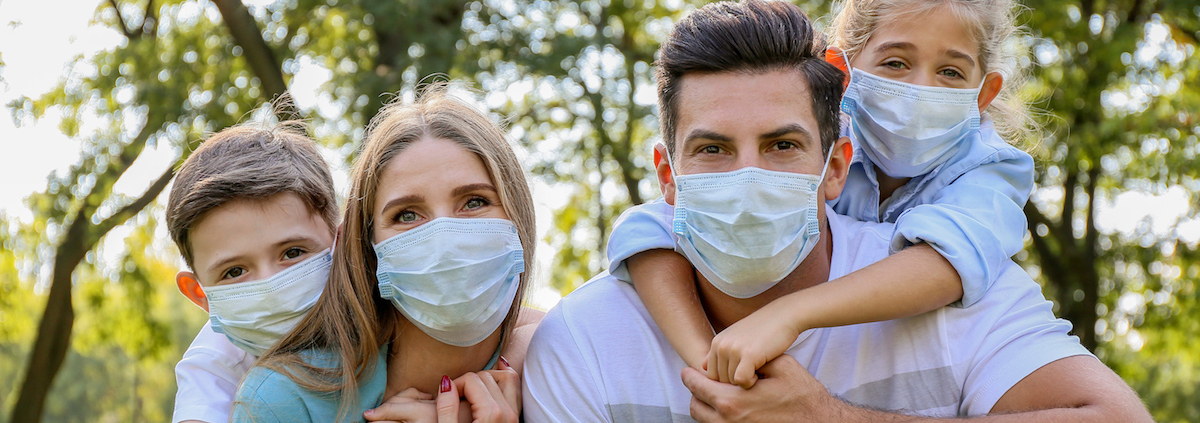The White House recently went mask free, following inoculation of everyone associated with it. President Joe Biden proclaimed it a momentous event that marks the beginning of the end of a period of unprecedented challenges. Biden’s announcement was followed by mask-free guidelines from a few States, and businesses like Target, Walmart and Starbucks. Moving forward, fully-vaccinated people needn’t wear masks.
I can’t help but wonder about the implications of mask-free guidelines in a world where countries find themselves at different stages of vaccination. Also, I wonder what it means to economic sectors that have been battered by the pandemic. At this stage, all such questions inadvertently lead to one place: Israel.
Israel: Business as usual
According to a reliable source, Israel has fully vaccinated nearly 60 percent of its citizens — which is a world record. To put this into perspective, the UAE, which has fully vaccinated nearly 40 percent of its citizens, is in the second place. So, naturally, with world-leading vaccination success, Israel has taken a few measures that will characterize the post-vaccination world.
As Israel lifted its mask mandate on April 18, it launched a Green Pass — an app-based identification that confirms if an individual has been vaccinated or not. Holders are permitted to visit gyms, swimming pools, restaurants and concerts, among other public places. So, the hospitality, events and service industries – which faced their worst downturn during the crisis – are now back in business. There soccer matches with stadia at full capacity, concerts, and public events, held recently, with no subsequent reports of spike in new cases. So, how will the most-affected industries look in the post-vaccine world?
Travel and tourism economy
The global travel and tourism sector suffered a loss of almost $4.5 trillion in 2020 – which is more than the GDP of many leading nations. If the sector manages to find half the pre-pandemic activity levels, the economic implications could be massive. The secondary impact will be evident in sectors like employment (tourism sector accounts for one in four of all new jobs created) and the unorganized economy (international visitor spending amounted to $1.7 trillion in 2019). This will, in fact, favour service-based economies like the UAE and Bhutan, which boast high vaccination rates and hence have a head start with tourism reopening. However, on the global front, the road to recovery is anything but straightforward, due to wide disparities in vaccination between nations.
The events industry
In 2019, the global events industry was valued at $1.13 trillion. And like the tourism sector, the events industry too is facing its worst spell of downturn. But economies with good vaccination rates are now exploring how to breathe new life into the industry. One such attempt that caught my eye recently was from Liverpool, UK. In a first since the pandemic outbreak, a mask-free business conference, with 400 delegates, was held with rapid testing and other safety protocols. The gathered data and subsequent observations will be used to determine how public events can take place safely. However, standardized mechanisms, such as the Green Pass, itself fuel some reservations.
The downside
Israel’s Green Pass has come under criticism by rights groups, who argue that it is discriminatory towards anti-vaxxers and ethnic communities that are “under-vaccinated”. It could persuade skeptics to get vaccinated, against their better judgement. I believe it could also be discriminatory in the same vein as, say, “no-shoes-no-entry” policies in upscale restaurants.
On the international front, it could even lead to “vaccine dictatorship”, where economies with high vaccination rates strengthen their market share, at the expense of under-vaccinated ones. This calls for intergovernmental organizations to ensure that underprivileged nations do not lag behind in vaccination. And governments that are ahead of the curve must continue production and donate surplus to others – because, in a hyper-connected world like ours, our commitment to equal opportunity for all, must be unwavering



